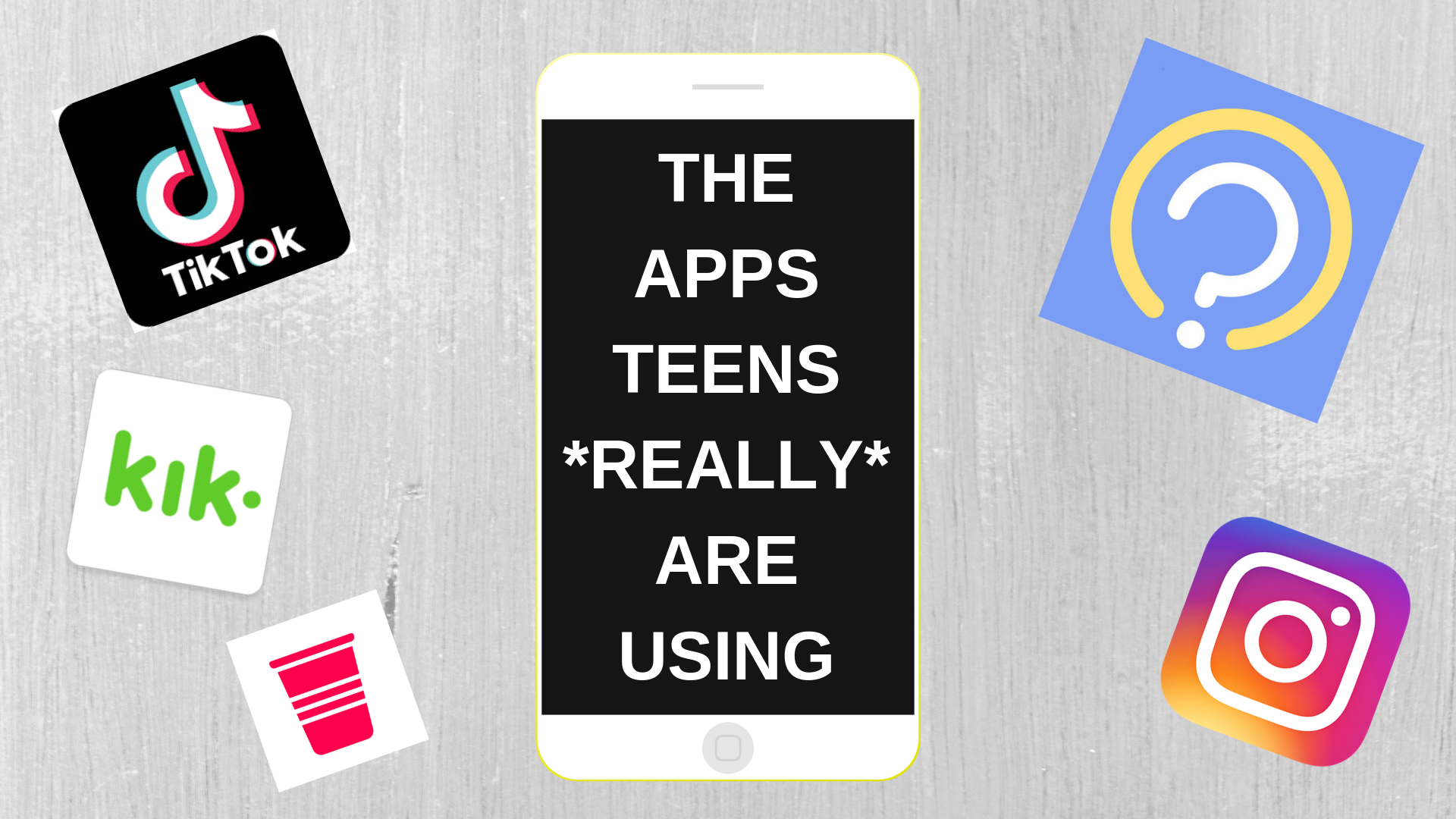You probably have a smart phone. Your kid probably has a smart phone. But even the smartest parents might not know the apps teenagers are really using, or how to navigate them.
That’s why Today in St. Louis talked to teenagers to find out more about the apps they’re actually using these days—and how they may be used for harm.
Not all apps are created equal, so we divided them into different categories based on type and the level of risk they pose: yellow light apps mean you should proceed with caution, and red light apps should be deleted immediately.
CHAT APPS: Yellow light
House Party: The video chat app is meant to be used like a group FaceTime call, but there’s the risk of someone you don’t know getting invited into the chat if they’re the friend of a friend in the call.
Kik: It’s been around for a while as a way to send and receive messages without SMS, but the public groups operate like chatrooms and some focus on adult topics.
Q&A APPS: Red light
Lipsi: The anonymous app tries to warn you to play nice, report bullying, be there for each other, etc., but that would only happen after someone says or asks something nasty.
Ask.fm is similar, with some sexually suggestive or even explicit comments and photos on the feed.
SOCIAL CONTENT: Yellow light
TikTok: Born from Musical.ly, the app uses lip syncing to let you create funny, short Vine-style videos. But not only can the chat function be problematic, it's open to the world. We found a lot of inappropriate language and young people sexualizing themselves or doing risky things to get more likes.
Instagram: Not only have you heard of this one, you're probably on it. You might follow your kid and leave embarrassing comments on their posts. But do you follow their "Finstagram?" It means "fake" Instagram. “Finstas” can be the place where people post their more risqué pictures and content they might not want all of their followers on their main page to see. The account is usually not associated with the person’s real name or phone number. It’s common to have two Snapchat accounts, too—a real one and a fake one.
CALCULATOR PHOTO VAULTS: Red light
Fake calculator apps, which will often be labeled Calculator +, reveal the true app after you open it and type in a secret passcode, which is set up when the app is downloaded. It's actually a photo vault, a folder for pictures someone doesn't want to be seen on a camera roll.
SOCIAL NETWORKING APPS:
Red light
Yubo (formerly Yellow): It’s known as Tinder for teenagers—and it’s dangerous. Like the well-known dating app for adults, you swipe through profiles and chat from there, but it’s much less regulated. For example, many pictures are clearly not of the user. Plus, users only have to be 13 years old. Video chat rooms invite people in and while some were innocent in nature, many more were focused on suggestive or illicit topics.
Monkey: It’s similar to Yubo, where you can “make friends” based on a picture, but good luck finding one that doesn’t feature drugs or a sexually suggestive pose.
For more a more in-depth look at each of these apps—their dangers and warnings—click here to watch the full breakdown or press play in the video player below.

